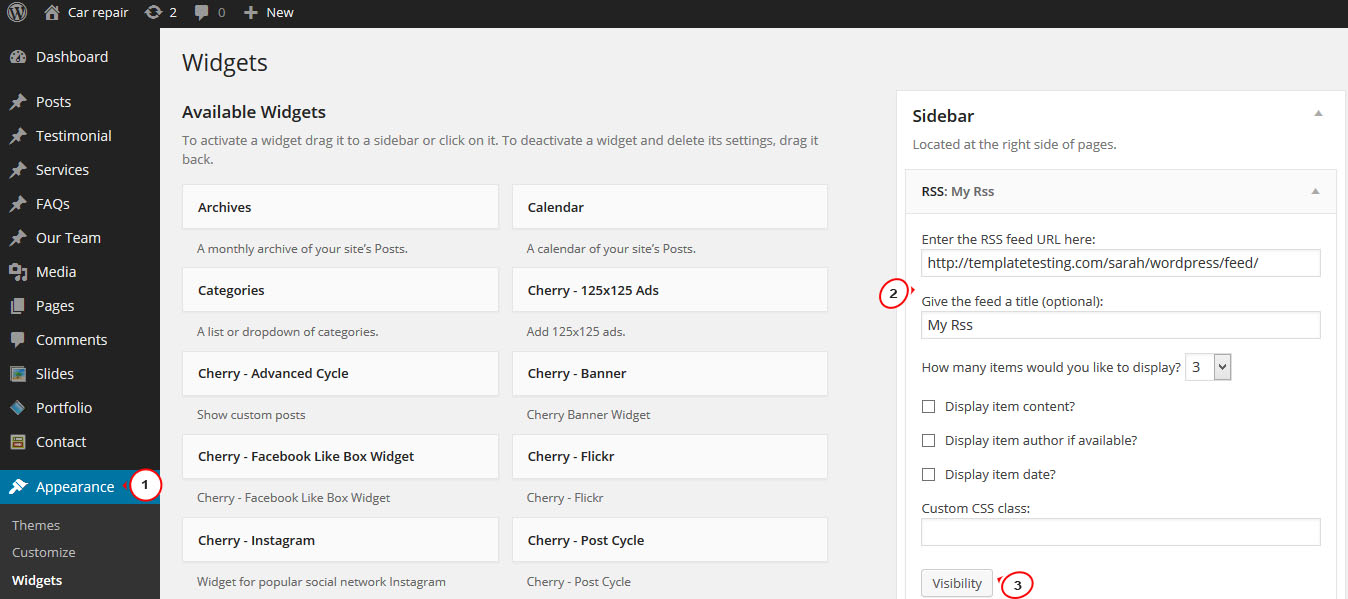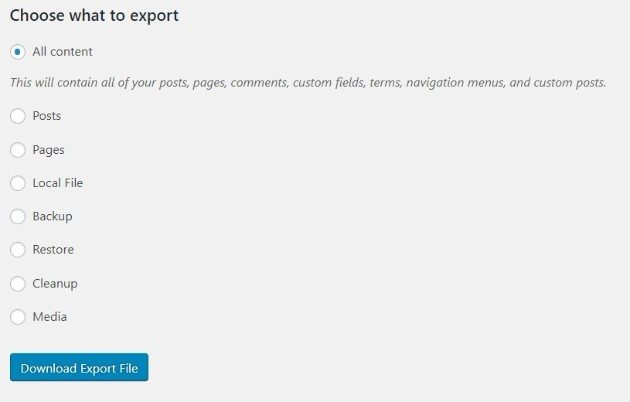


But we must first generate the list of posts that we want to exclude. We’re going to use the “post_not_in” parameter that can be used to exclude a list of posts. This time it’s not so easy because we have no query parameter that can be used to exclude posts based on custom fields. I named the field “no_syndication” and I always give it the value “1”. So I decided to use a custom field to mark the posts to exclude from my new feed. I went further because I did not want to use a tag to exclude some posts: that tag would have been public even if it was only meaningful to me. A feed excluding articles with a custom field (meta-data) The documentation of query_posts details the various parameters that you can use. Now you can further customize the feed by adding supplementary query parameters to the $args array. That was relatively easy, thanks to the “tag_not_in” query parameter. Query_posts ( $args ) include ( 'wp-includes/feed-rss2.php' ) ?>Īrray('tag_not_in' => array($tag->term_id)) query, array ( 'tag_not_in' => array ( $tag -> term_id ) ) ) The initial content of that file should be this: You should now create a “feed-myfeed.php” file and put it in your current theme’s directory.Go to “Settings > Feed Wrangler” in your WordPress administrative interface and create a new feed, let’s call it “myfeed”.First of, install the Feed Wrangler plugin, it will take care of registering our custom feeds with wordpress.The best solution found involves creating a custom feed. You can also have feeds excluding a category, although that requires you to know the category identifier (and hardcode it in the URL like this: /?feed=rss2&cat=-123 where 123 is the category id that you want to exclude).īut there’s no simple way to have a feed that excludes articles with a given tag. You can create feeds for “unions” or “intersections” of tags, you just have to use a URL like /tag/foo,bar/feed/ (all articles tagged with foo or bar) or /tag/foo+bar/feed/ (all articles tagged with foo and bar). But in some cases, you want feeds built with some more advanced logic.

WordPress has many alternate built-in feeds: per category, per tag, per author, per search-keyword.


 0 kommentar(er)
0 kommentar(er)
